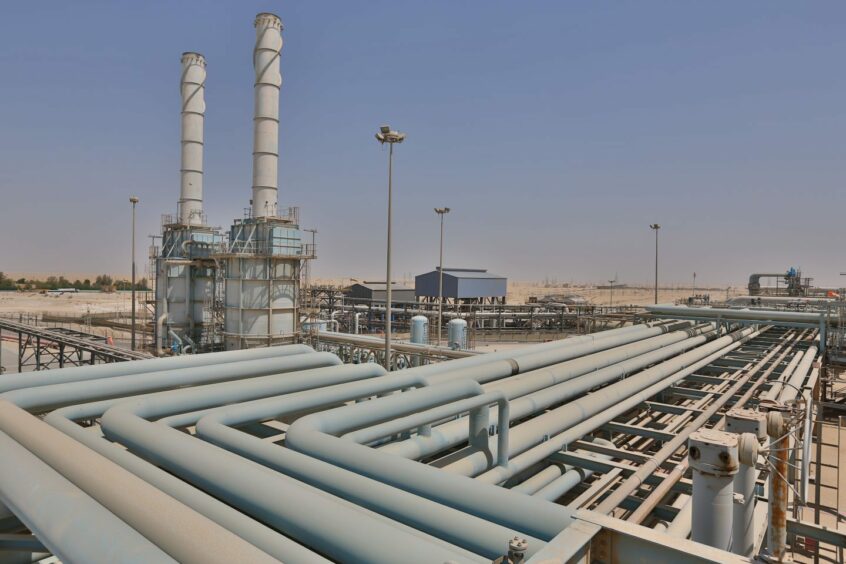
Global oil markets face a bigger surplus this quarter than previously expected, with demand still constrained despite China’s bid to reopen its economy from Covid lockdowns.
World supplies will exceed consumption by roughly 1 million barrels a day in the first three months of the year, the International Energy Agency said in a monthly report. While the organization made a modest upgrade to its outlook for China after the easing of restrictions, it doesn’t expect to see annual demand growth there until the second quarter.
“As China faces a challenging winter, its exit path will unquestionably be bumpy and drawn-out,” the Paris-based adviser said. “Hardship and disruptions therefore look set to prevail in the near-term” in the country.
Oil prices have had a rocky start to the year as Beijing’s lifting of restrictions triggered a new surge of virus infections that threatens to derail efforts to restart the economy. Brent futures traded near $87 a barrel on Wednesday.
Supplies are also swelling as Russia manages to defy predictions that international sanctions would crush its exports. Output from the country was steady near 11 million barrels a day in December even as a European Union ban took effect, though the IEA continues to expect a plunge later this quarter.
“A slow demand recovery expected in the first half of 2023 suggests continued inventory builds like those that started to emerge” last year, the agency said.
OPEC Secretary-General Haitham Al-Ghais also gave a conservative outlook at the World Economic Forum in Davos on Tuesday, saying that he was “cautiously optimistic” on the global economy. Led by Saudi Arabia, the producer group and its allies have been constraining supply to keep world markets in equilibrium.
The IEA predicted that global oil markets will tighten in the second half of the year as Chinese consumption accelerates and sanctions targeting Moscow have a greater effect. Russia’s output may drop a further 1.5 million barrels a day by the end of March, it said.
“The well-supplied oil balance at the start of 2023 could quickly tighten,” said the agency.
The rebound in Chinese consumption after last year’s slump — the first annual drop in more than three decades — may strain the world’s spare oil-production capacity and send prices higher, according to IEA Executive Director Fatih Birol.
“We may see China’s economy growing strongly, and if Chinese demand for oil is strong it would put upward pressure on prices,” Birol told Bloomberg Television at the World Economic Forum. The spare oil “cushion will disappear very quickly” if China’s growth beats expectations, he warned.
That accords with sentiment in many parts of the market, with Goldman Sachs Group Inc. seeing a “bullish concoction” for commodities, and hedge fund manager Pierre Andurand predicting prices of up to $140 a barrel.
World consumption remains on track to expand by 1.9 million barrels a day this year, to reach a record average of 101.7 million a day, according to the IEA. About half of the growth will come from China.
Recommended for you
